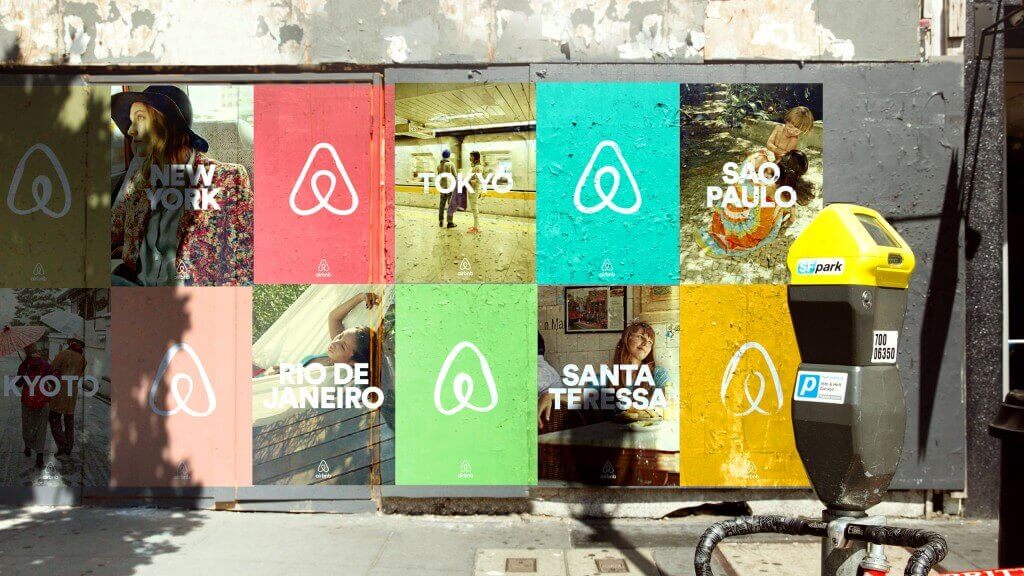
When tech fanatics get together, they look back in awe at ancient history, to the formative years when innovation and daring converged to create some of the world’s great inventions. Tech folks have their history. They know their dates. They know what was important “back in the olden days of yore,” when history goes back as far as 2007.
Think about it. Amazon came out with something they called a Kindle that would enable us to read anywhere without the need to bring along our books. But the real Earth-shattering moment came in Cupertino, Calif., just a latte away from the Stanford campus in Palo Alto, when the Apple company launched something they called the iPhone.
This was a powerful computer that we could keep in our pockets while allowing its magnetic fields to run circles around some of the more personal portions of our bodies. Those who were alive at the time recorded the excitement with which this life-changing invention was received.
The nontechies in the travel industry thought that this was a new phone that might make it more fun to chat with clients. The idea that the iPhone might enable any user, virtually anywhere, to become a transactional booking agent didn’t hit us until a bit later.
There were a slew of tech conferences scheduled in the Bay Area in 2007. There was a sense of motherboard excitement in the air. People were telling their friends about the most recent digital highs they had experienced.
And rents in San Francisco were setting record highs. One of the landlords in the city leased a small apartment to Joe Gebbia and Brian Chesky, two guys who met while both were studying at the Rhode Island School of Design. They could not afford San Francisco rents, yet they knew they had to remain in the city, a hothouse of new tech designs and a growing number of tech-oriented venture capital firms.
The role of that San Francisco landlord in reshaping the hospitality landscape for decades to come will someday become the stuff of legends. I think it is important for all of us who sell travel to understand what Gebbia and Chesky knew about their potential end user.
Just about the time that the rent check was due, the duo made note of the fact that the Industrial Design Society of America meeting was coming to the city. And Gebbia had this idea. They kept air beds in the apartment for visiting friends. What if they rented them out to conference attendees at a great price and included a home-cooked breakfast?
They knew enough about web design to quickly build a website they called “AirBed & Breakfast.” They brought on another friend, a Harvard grad who specialized in “technical architecture” named Nathan Blecharczyk.




